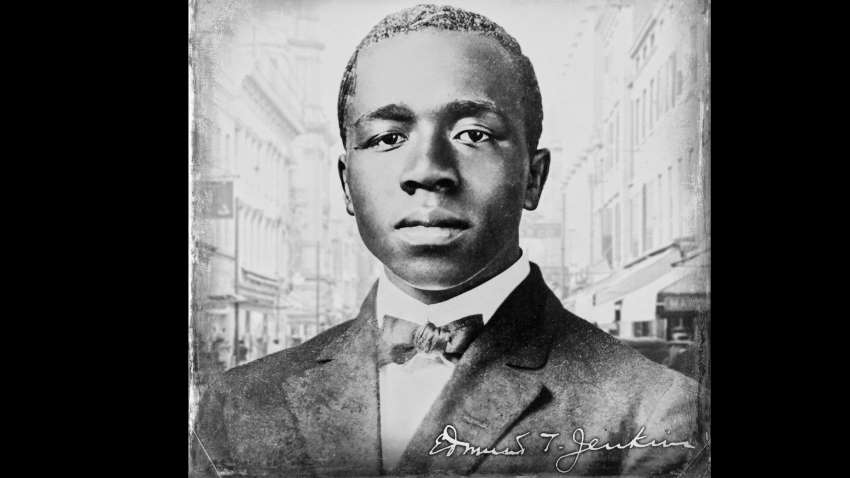“IT IS always a good moment to unearth a composer and their various contributions,” pianist, arranger and music director Allyson Devenish tells the Voice ahead of her programme, A Charlestonian Rhapsody: The Story of Edmund T Jenkins, being broadcast on BBC Radio 3 this weekend.
Devenish reveals the amazing story of Jenkins, a composer and band leader from Charleston in South Carolina who travelled to London in 1914.
The musician studied at the Royal Academy of Music for seven years and became a sub-professor. In 1919, at Wigmore Hall, he conducted his own work, A Folk Rhapsody, which incorporated themes from spirituals and songs of the Gullah fisherman of his native Charleston.
As well as composing some of the earliest music in the European concert tradition to incorporate jazz rhythms and the folk melodies and spirituals of his home town, Jenkins was also wildly successful as a dance band leader and recorded some of the earliest British jazz records in 1921 playing clarinet and saxophone.
His early death, in 1926, far from home, meant his story almost faded away.

His music, shipped back to the US after his death in 1926, remained almost entirely unperformed. Only one piece of Edmund’s work has been commercially recorded: Charlestonia which was premiered in 1925 and reconstructed in the 1980’s, by the composer Vincent Plush from manuscripts held at the Centre for Black Music Research at Columbia College in Chicago.
Explaining how she became interested in Jenkins, Devenish enthused: “I was surprised to discover a black alumnus of the Royal Academy of Music from the beginning of the 20th century.
“Black classical musicians are still very much a rare breed in this present time so to know of one from the early 1900s, who attended the same institution as me, and was so hugely successful in all that he did (both at the Academy and beyond) was both exciting and intriguing.”
Getting deep, down in the research in order to bring the programme to life Devenish travelled to Charleston to hear about Jenkins’s roots and meet some of the people trying to bring his music the recognition it deserves.
The journey was well worth it.
She said: “His work is unique in that so early on, he was able to successfully combine the music of his people and place (specifically, South Carolina and Gullah peoples) with the compositional styles of European classical music.
“He was doing this even while studying at the Academy (1914-1921). He was, most definitely, an early contributor to the distinct sound that is American classical, or more specifically, African-American classical.”
Expressing why she felt now was a good moment to rediscover him and his music, and why is it so important for his compositions to have a legacy, Devenish added: “It is always a good moment to unearth a composer and their various contributions.

“Curiosity can lead to amazing discoveries. The black presence in the classical music canon is a constant and it is important to acknowledge and celebrate this.
“Edmund’s music is exciting in its mixing of African-American styles we know and recognise (jazz, spirituals etc) with compositional techniques and development that are clearly European. And it works. Nothing is lost or sublimated on either side.
“Uncovering his body of work is exciting and important. I’m in the process of editing/transcribing some of his repertoire (currently held at the Centre for Black Music Research in Chicago). It is important that his music is out there and available for all to discover.
“His very existence and huge success as a working musician is captivating and inspiring. His compositions are an indication of great talent and it is hugely important that his music is heard, far and wide.”
A Charlestonian Rhapsody: The Story of Edmund T. Jenkins will be broadcast on Sunday April 16 18:45 – 19:30 and then available on demand on BBC Sounds.


Comments Form
1 Comment
Allyson Devenish did not ‘uncover’, ‘reveal’ or ‘unearth’ Edmund T. Jenkins’s story . It has been available for some 40 years. Jeffrey Green published a biography in 1982 and an article in 1991 but this programme gave the impression she’d done the work.